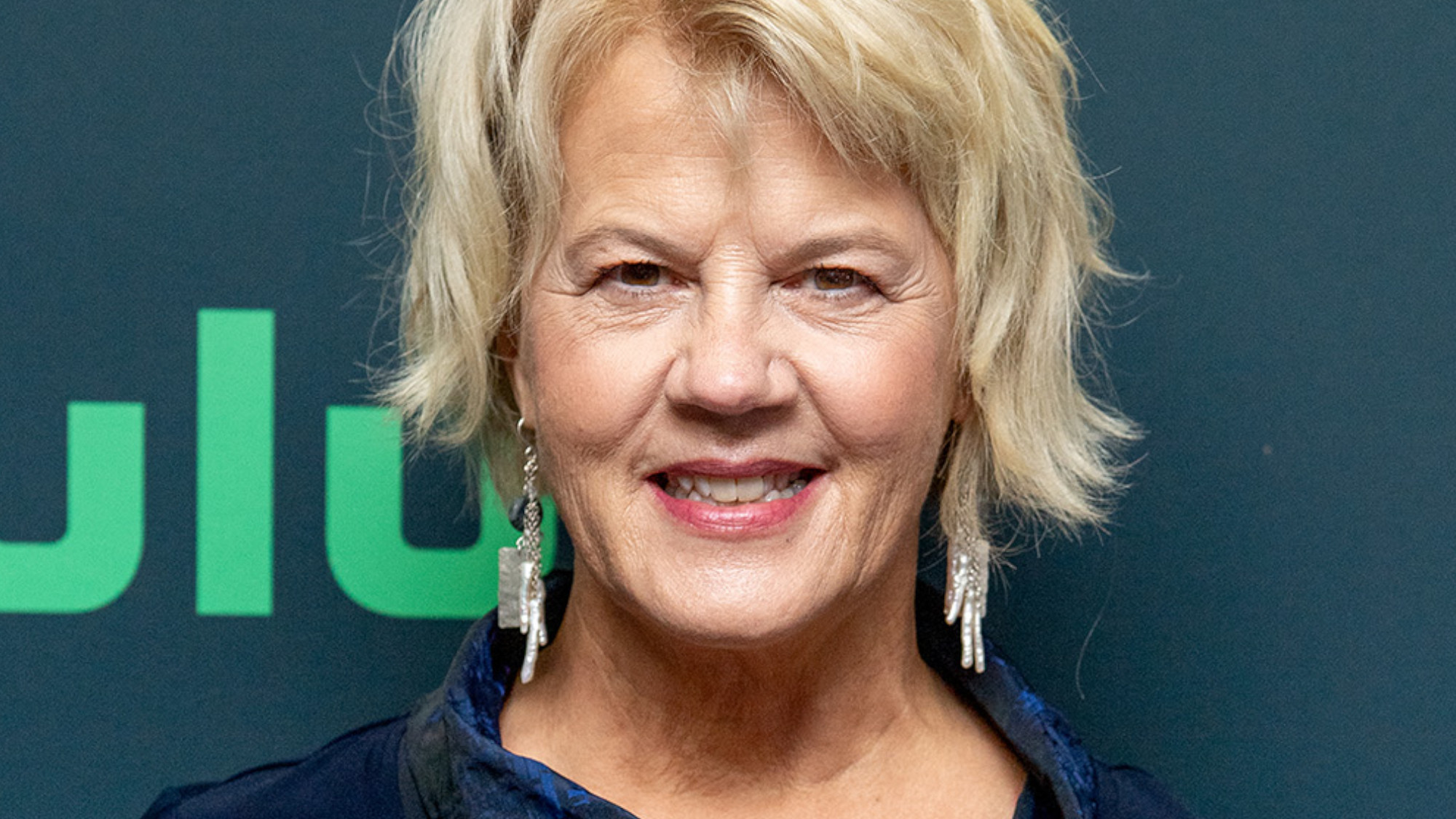Richard Haass
Richard Haass is the president of the Council on Foreign Relations and the author of The Opportunity. Here, he offers a reading list for a do-it-yourself version of Foreign Policy 101.
A free daily email with the biggest news stories of the day – and the best features from TheWeek.com
You are now subscribed
Your newsletter sign-up was successful
The Opportunity: America’s Moment to Alter History’s Course
official site
The Anarchical Society by Hedley Bull (Columbia, $27). What determines history is the never-ending struggle between forces of society (order) and those of anarchy. This book, written by a former professor of mine at Oxford, has influenced me more than any other book in the field.
The Week
Escape your echo chamber. Get the facts behind the news, plus analysis from multiple perspectives.

Sign up for The Week's Free Newsletters
From our morning news briefing to a weekly Good News Newsletter, get the best of The Week delivered directly to your inbox.
From our morning news briefing to a weekly Good News Newsletter, get the best of The Week delivered directly to your inbox.
Politics Among Nations by Hans Morgenthau (McGraw-Hill, $58). This is the classic statement of realism. It is not easy. Like fudge, you have to take it in small pieces, because it is so rich. Unlike fudge, though, it won’t make you fat.
American Diplomacy 1900–1950 by George Kennan (Chicago, $10). This slim book includes the famous article, by “X,” which laid out the containment doctrine that guided U.S. foreign policy throughout 40 years of Cold War. It began as a cable to the State Department from a young foreign service officer serving in Moscow, and it appeared in Foreign Affairs in 1947. The prose is clear and the thinking still valuable, in this case as a guide for what the United States should do now regarding Iran and North Korea.
A free daily email with the biggest news stories of the day – and the best features from TheWeek.com
A World Restored by Henry Kissinger (Weidenfeld & Nicholson, $29). Based on what is quite possibly the best doctoral dissertation ever, Kissinger’s study of the Congress of Vienna is a powerful mix of history, portraits, and statecraft. I first read this as a graduate student. It inspired me at the same time that it intimidated me because I knew I could never write anything nearly as good.
Just and Unjust Wars by Michael Walzer (Basic, $22.50). A thoughtful introduction to the morality and legality of using military force. Essential reading if you want to appreciate the arguments behind the decision to attack Iraq.
The Spy Who Came in From the Cold
-
 How corrupt is the UK?
How corrupt is the UK?The Explainer Decline in standards ‘risks becoming a defining feature of our political culture’ as Britain falls to lowest ever score on global index
-
 Best places to find snowdrops in the UK
Best places to find snowdrops in the UKThe Week Recommends The snowdrop season is upon us, with ‘blankets’ of the beautiful bloom signalling that spring is on its way
-
 The 8 best superhero movies of all time
The 8 best superhero movies of all timethe week recommends A genre that now dominates studio filmmaking once struggled to get anyone to take it seriously
-
 Beth Macy’s 6 favorite books about living in a divided nation
Beth Macy’s 6 favorite books about living in a divided nationFeature The journalist recommends works by Nicholas Buccola, Matthew Desmond, and more
-
 Gilbert King’s 6 favorite books about the search for justice
Gilbert King’s 6 favorite books about the search for justiceFeature The journalist recommends works by Bryan Stevenson, David Grann, and more
-
 Nathan Harris’ 6 favorite books that turn adventures into revelations
Nathan Harris’ 6 favorite books that turn adventures into revelationsFeature The author recommends works by Kazuo Ishiguro, Ian McGuire, and more
-
 Marisa Silver’s 6 favorite books that capture a lifetime
Marisa Silver’s 6 favorite books that capture a lifetimeFeature The author recommends works by John Williams, Ian McEwan, and more
-
 Lou Berney’s 6 favorite books with powerful storytelling
Lou Berney’s 6 favorite books with powerful storytellingFeature The award-winning author recommends works by Dorothy B. Hughes, James McBride, and more
-
 Elizabeth Gilbert’s favorite books about women overcoming difficulties
Elizabeth Gilbert’s favorite books about women overcoming difficultiesFeature The author recommends works by Tove Jansson, Lauren Groff, and more
-
 Fannie Flagg’s 6 favorite books that sparked her imagination
Fannie Flagg’s 6 favorite books that sparked her imaginationFeature The author recommends works by Johanna Spyri, John Steinbeck, and more
-
 Jessica Francis Kane's 6 favorite books that prove less is more
Jessica Francis Kane's 6 favorite books that prove less is moreFeature The author recommends works by Penelope Fitzgerald, Marie-Helene Bertino, and more